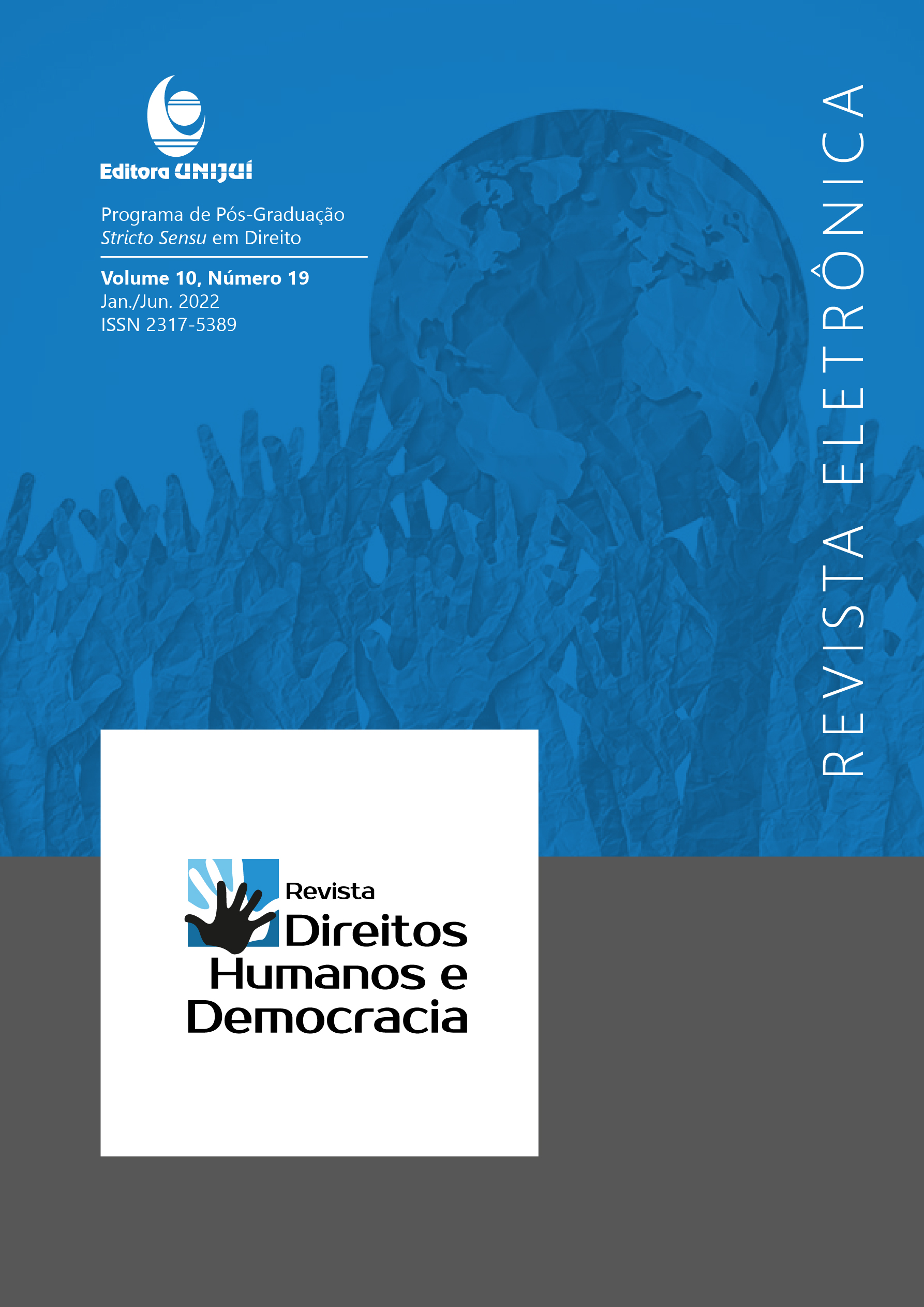The construction of women's citizenship in the future of the present: a necessary change of paradigm
DOI:
https://doi.org/10.21527/2317-5389.2022.19.12339Keywords:
Constitucional; Igualdade de Gênero; Cidadania; Educação; Políticas Públicas.Abstract
This paper presents an interdisciplinary study on the modern movement entitled Feminist Constitutionalism and its impacts on policies to affirm Women's Citizenship in its three phases of life: Mulher Menina; Adult Woman and Elderly Woman. To this end, it explores pedagogical movements combined in the future of the present and aimed at the (re)construction of cultural paradigms, especially from the evolution of children's literature. The method chosen was the analytical-deductive, through bibliographic, doctrinal and normative research. Among the theoretical frameworks, we highlight literary and scientific works that correlate emancipatory education and equality from the intersection between Law; Pedagogy; Philosophy; History and Psychoanalysis. As a result and contribution, it proposes educational models based on the dialogue on fundamental rights and on the full development of human potentialities, without forgetting the gender perspective.
Downloads
Published
How to Cite
Issue
Section
License
Copyright (c) 2022 Revista Direitos Humanos e Democracia

This work is licensed under a Creative Commons Attribution 4.0 International License.
By publishing in the Revista Direitos Humanos e Democracia, authors agree to the following terms:
Articles are licensed under the Creative Commons Atribuição 4.0 Internacional (CC BY 4.0), which allows:
Share — copy and redistribute the material in any medium or format;
Adapt — remix, transform, and build upon the material for any purpose, including commercial use.
These permissions are irrevocable, provided the following terms are respected:
Attribution — authors must be properly credited, with a link to the license and indication of any modifications made;
No additional restrictions — no legal or technological measures may be applied that restrict the use permitted by the license.
Notices:
The license does not apply to elements in the public domain or covered by legal exceptions.
The license does not grant all rights required for specific uses (e.g., image rights, privacy, or moral rights).
The journal is not responsible for opinions expressed in the articles, which remain the sole responsibility of the authors. The Editor, with the support of the Editorial Committee, reserves the right to suggest or request modifications when necessary.
Only original scientific articles presenting research results of interest, not previously published or simultaneously submitted to another journal with the same purpose, will be accepted.
References to trademarks or specific products are intended solely for identification purposes and do not imply any promotional endorsement by the authors or the journal.
License Agreement: Authors retain copyright over their articles and grant the Revista Direitos Humanos e Democracia the right of first publication.













